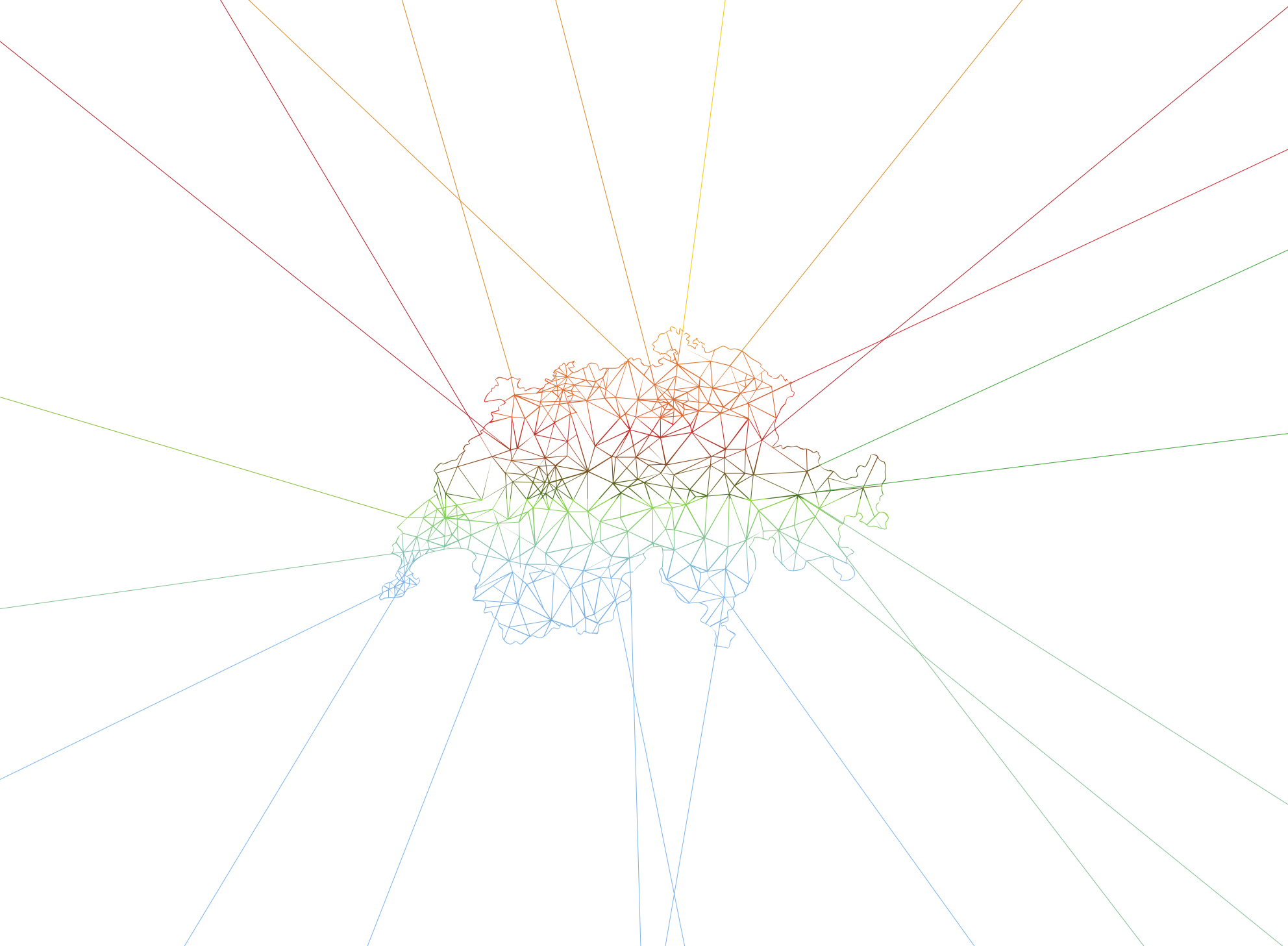Atlas of Automation
To detect benefit fraud, measure work performance, predict a person's creditworthiness or show us personalised content online - algorithms and so-called "artificial intelligence" are shaping our everyday lives today. Where, by whom and for what purpose these algorithmic systems are used, however, is largely a black box. With the Atlas of Automation, AlgorithmWatch CH now sheds light on the darkness.

What is the state of automation in Switzerland? The answer to this question has so far been in the dark: Where, how and by whom algorithms or so-called "artificial intelligence" are used today is often not apparent. Yet these systems can be used to influence decisions about people. So they affect us all - and potentially our fundamental rights, our society and our democracy. And all this without us really being aware of it.
So a societal debate is urgently needed. Today, we largely rely on anecdotes, assumptions and speculation - the factual basis is missing. AlgorithmWatch CH is now working to counter this: We are launching a survey of automation in Switzerland.
In the Atlas of Automation, we list a selection of algorithmic systems that are used in Switzerland to predict, recommend or make decisions, or to generate content that has an impact on people - whether at government agencies or private providers. However, the goal of the Atlas of Automation is not a nationwide survey. It is rather about showing examples and providing an overview of where algorithms are used and how this can influence our everyday lives, but also our rights and our society.
With the Atlas of Automation, we are helping to create urgently needed transparency. On its basis, the public should be able to understand what influence algorithmic systems have on all our lives. The information in the database is based on research conducted by AlgorithmWatch CH, on requests to public administrations and on political motions submitted at the same time as the database is launched. The results are continuously added to the database.
The Atlas of Automation thus simultaneously illustrates a core of the problem: algorithms have the potential to influence our fundamental rights and our society - but information about where and how they do this is not easily accessible to those affected, but must be researched at great expense and by civil society. To remedy this, we call for comprehensive registers of algorithmic systems used in decision-making processes and especially by public administration. Without this transparency, it is virtually impossible for those affected to defend themselves.
The atlas can be filtered according to the canton of use, the users, the groups affected and many other criteria. It focuses on those algorithmic systems that are used to partially or fully automate decisions about people. "AI" systems that control supply lines in factories, make weather forecasts or are used in research are thus not included in the atlas.
The Atlas of Automation is aimed at researchers, journalists and the general public. Just like the algorithmic systems used, the atlas is always a work-in-progress and is never finished. New systems are constantly being added and some pilot projects disappear. If you notice a new system that falls into our focus area and is not yet listed in the atlas, we would be happy to hear from you: atlas@algorithmwatch.ch.
